Never bet against James Cameron. The director’s latest, Avatar: The Way of Water, was a project over ten years in the making, something that gave many people an understandable hesitation leading up to its premiere. Cameron had spent that period of time essentially boasting about the film as a singularity, or at least, something more than just a sequel. It seemed he planned on the follow-up to 2009’s Avatar being so impressive, it demanded more time to gestate than any regular movie. An unspoken promise that, upon release, The Way of Water would be unlike anything ever before seen on a theater screen. That’s a very, very big expectation to meet, and plenty of folks were convinced it would simply be impossible for Cameron pull off. As it turns out, those folks were wrong.
From a technical standpoint, The Way of Water is an astounding achievement. Without exaggeration, the film feels like it could be the next step in blockbuster evolution. The world of Pandora is so exquisitely realized, that there are several moments that are likely to make audience members try reaching out to touch it. It cannot be accurately stated just how breathtaking the visuals are able to materialize in full Dolby 3D. Seeing the glisten of minuscule water droplets on the skin of a computer-generated alien should not feel so real. In some ways, it’s sort of unnatural just how practical it appears when a neon-colored fish glides through refracting sunbeams over rippling subaqueous sand dunes. Pure cinematic wizardry, which can only be described as real-life magic. It’s very clear how much time and money were sunk into this project, which is – if one is hoping to get what they paid for – a really good thing for Cameron and his team.
What will be truly interesting, however, is the long-term public reaction to the sequel’s plot. The Way of Water is clearly a movie meant to capitalize on the visual medium of the theatrical experience, with special effects that push the boundary of cinema far further than its actual storytelling. Of course, this is not to say the storyline is in any way bad. It’s actually pretty darn good. There are several crowd-pleasing moments, heartbreaking developments, and sequences that remind the viewer why they love going to the movies. It’s just, at the end of the day, nothing that happens is all that surprising. Historically, Cameron is remarkably skilled at taking fairly simplistic, predictable plots and stretching them to their full potential. This doesn’t change in the second Avatar.
The Way of Water doubles down on every trope Cameron has relied upon in the past, and even brings back a few devices the director used in the previous outing. It’s a whirlwind of cornball MacGuffins storming through a sea of undeniably cool set pieces. In fact, it might just be the most James Cameron movie to ever exist, both optically and narratively, and persists in being so at a ridiculously high level. A movie does not always need to be unique, plot-wise, to be memorable. It’s possible to stand by and revolve around the Joseph Campbell theory of a hero’s journey and do it so well that the audience leaves the theater feeling fulfilled and refreshed. In this regard, The Way of Water is Cameron‘s magnum opus. It’s everything he has produced thus far in his career, only amped to the next degree of entertainment.
A minor gripe may be the film’s slight lack of resolve in its closing moments. While the major plot points are sufficiently wrapped up and reliably executed, there are a handful of plotlines emphasized earlier in the three-hour runtime that slowly fade away by the time of its conclusion. Assumedly, these are ideas that will be picked back up in the multiple planned sequels, but it is a little frustrating to see Cameron lean ever-so-lightly into the messiness of modern franchise-ifacation when the rest of the film is so tight. Shockingly tight, it must be said, for a movie so notably long. The pacing is excellent, and allows for quite a few ideas to be packed into one picture, but it would have been nice if all of those ideas were more efficiently packaged in the end.
Avatar: The Way of Water is flawed, yes, but at length, it’s a force to be reckoned with. The film meets nearly every expectation set before it. A wild ride full of heart and astonishment, which sets a high bar for the next films to follow. Its inconsistencies are so few and far between that they’re often lost to the overall grandiosity of the cinematic experience. Truthfully, it’s hard to comprehend the idea of watching it on anything other than the biggest, loudest screen a person can find. $250 million went into the production of this sequel and every penny can be seen in the details. If there was a lack of hype for the Avatar franchise before The Way of Water, there absolutely will not be once it’s available to the public. Again, and this is important to remember, never bet against Cameron.







